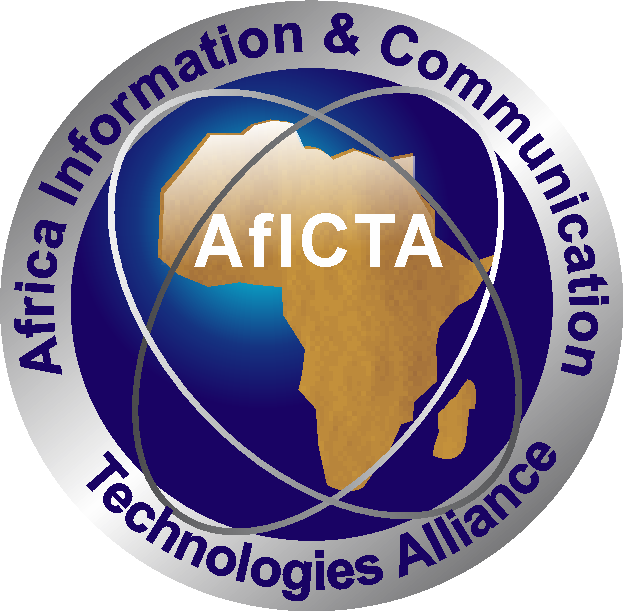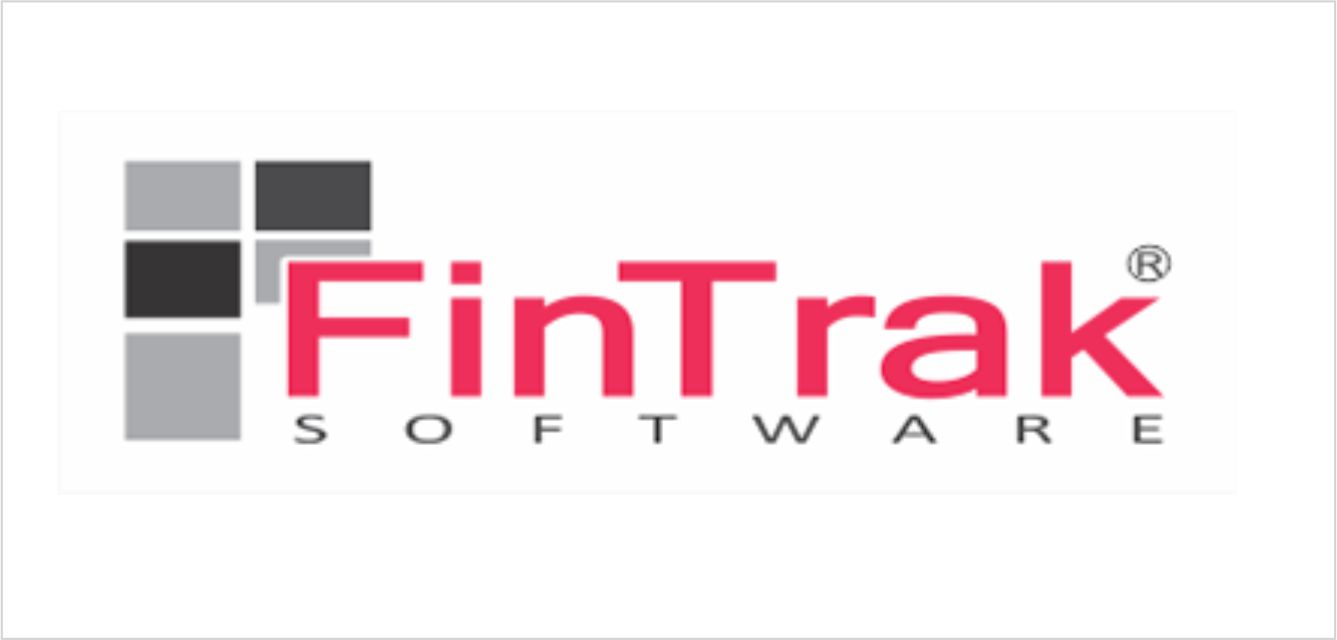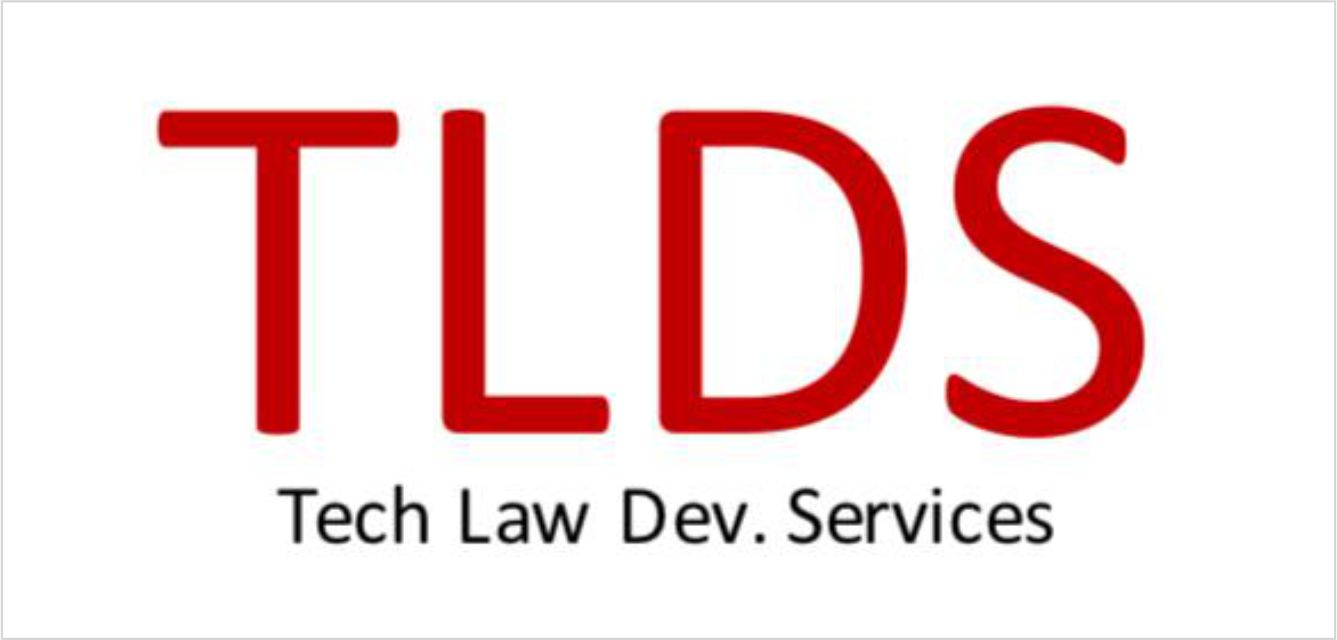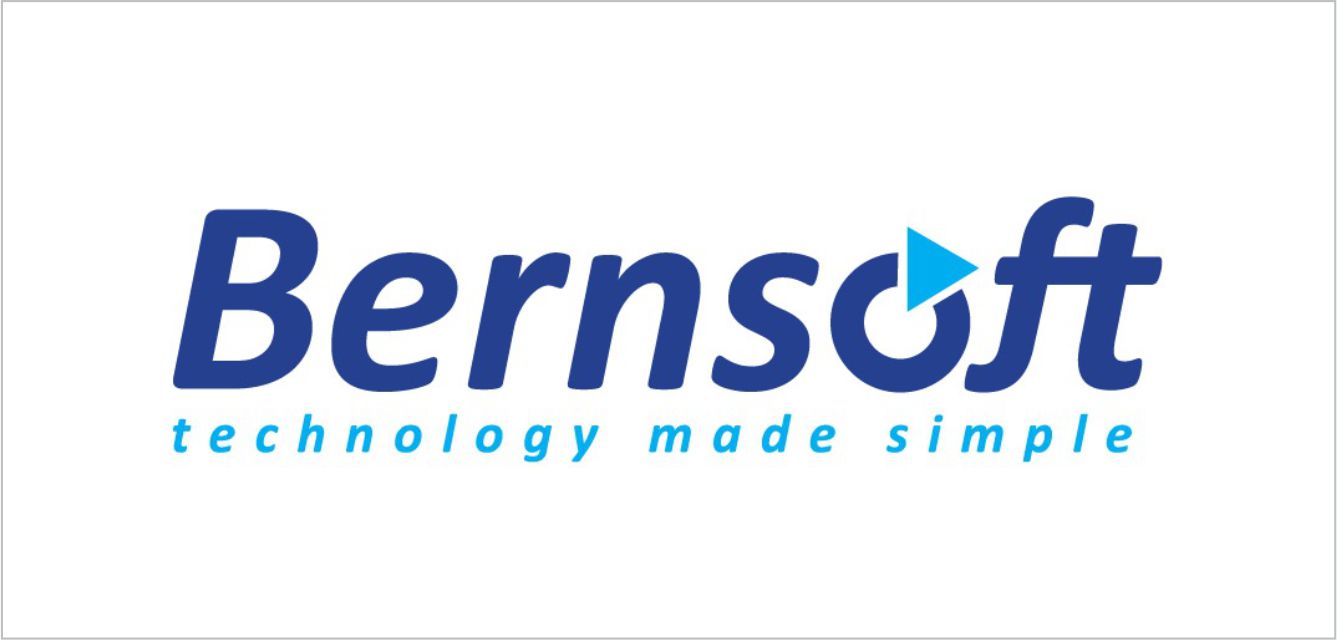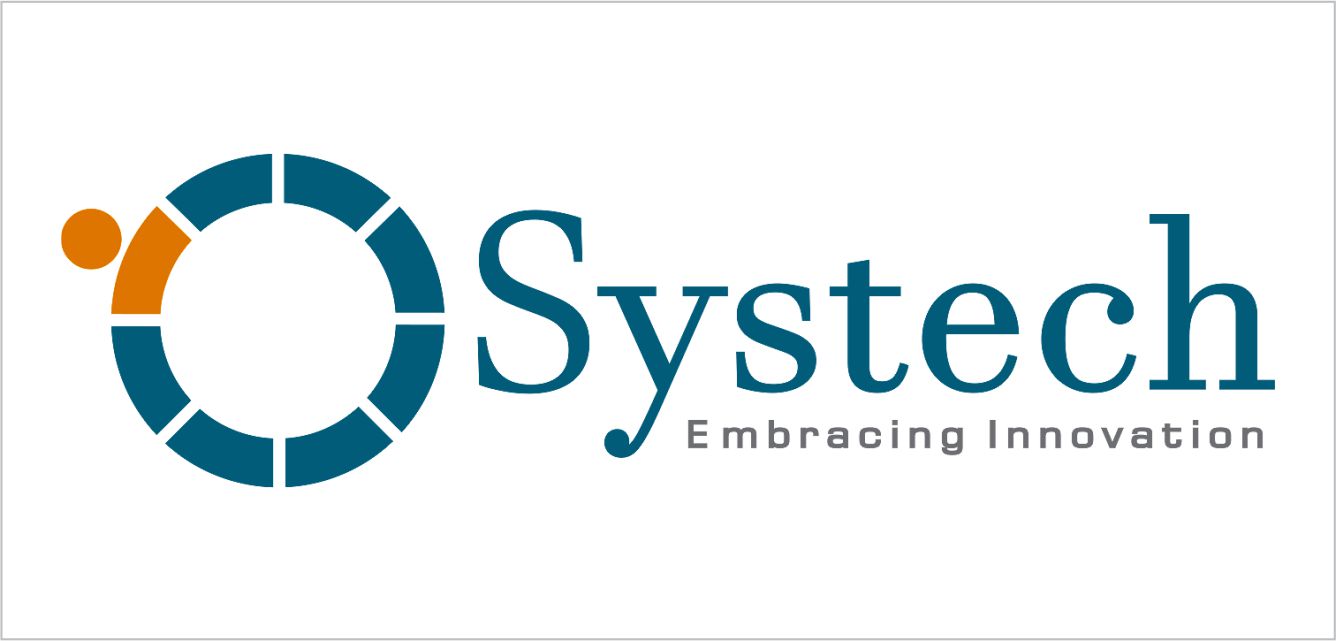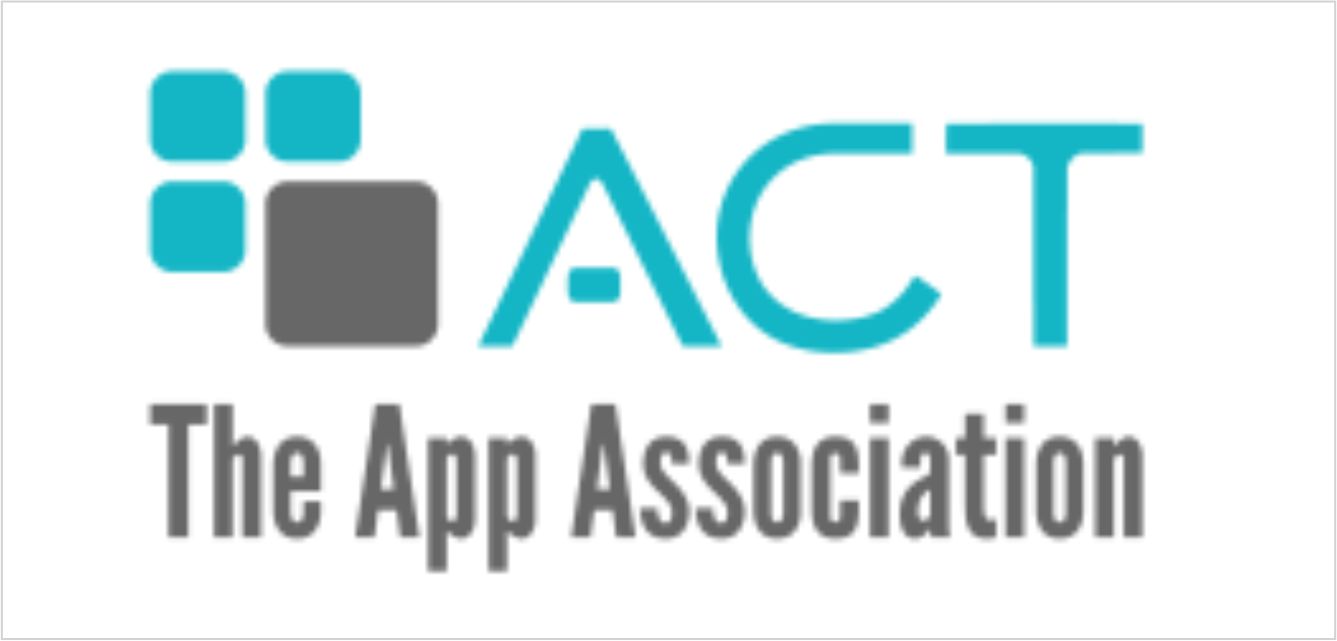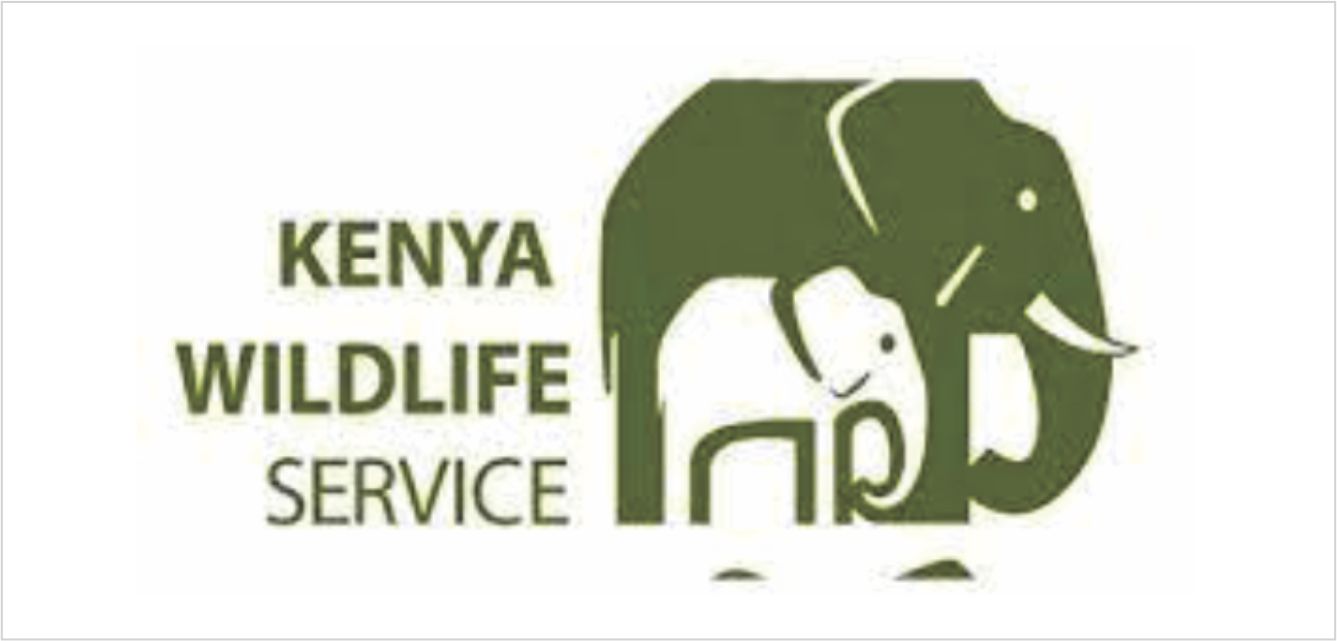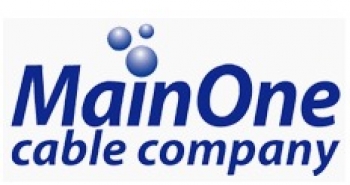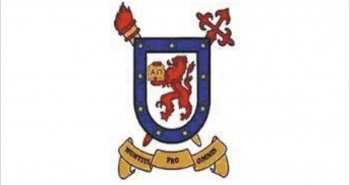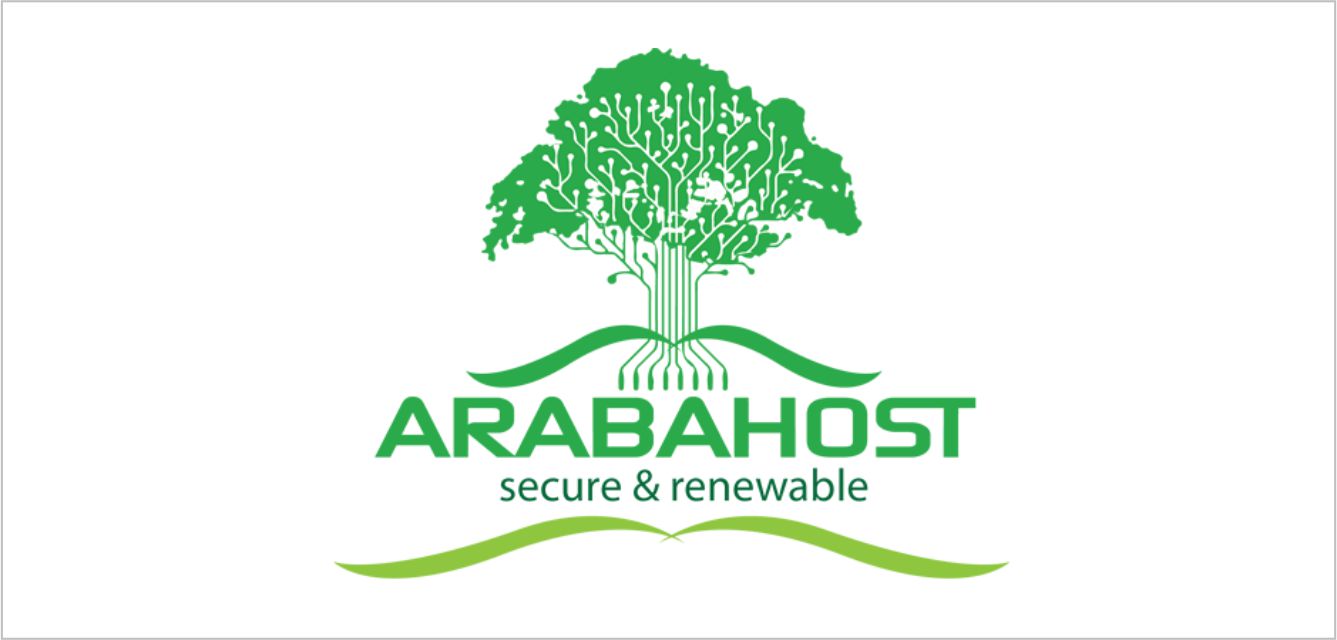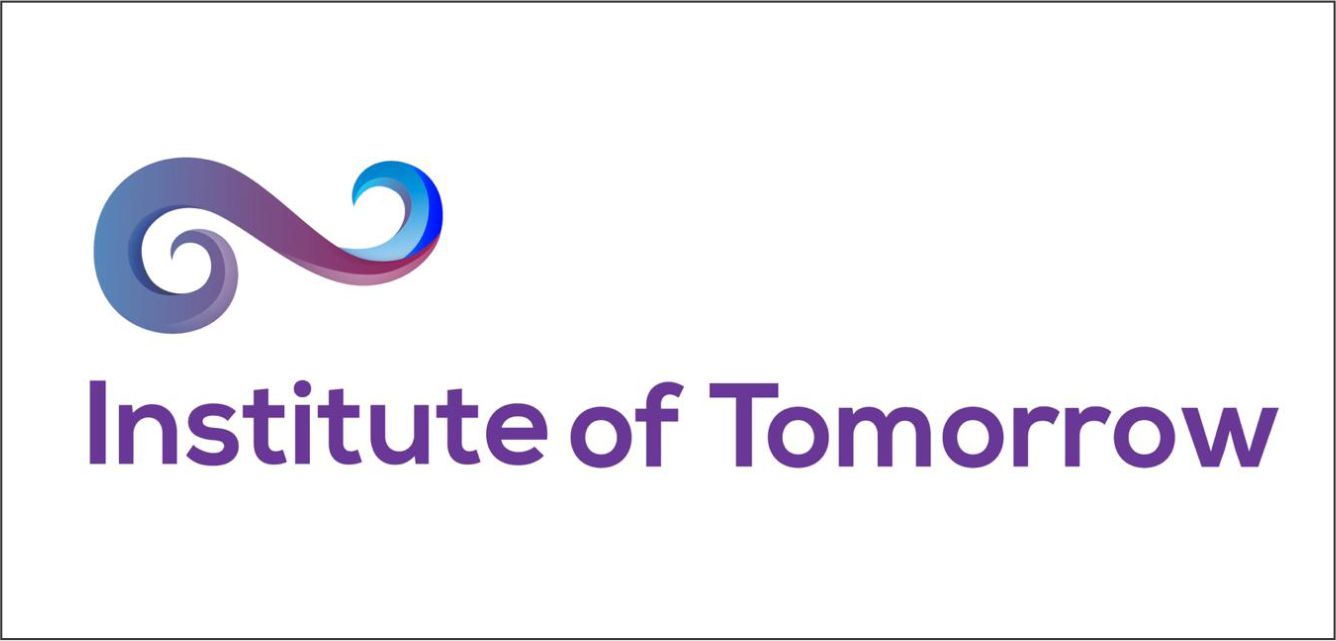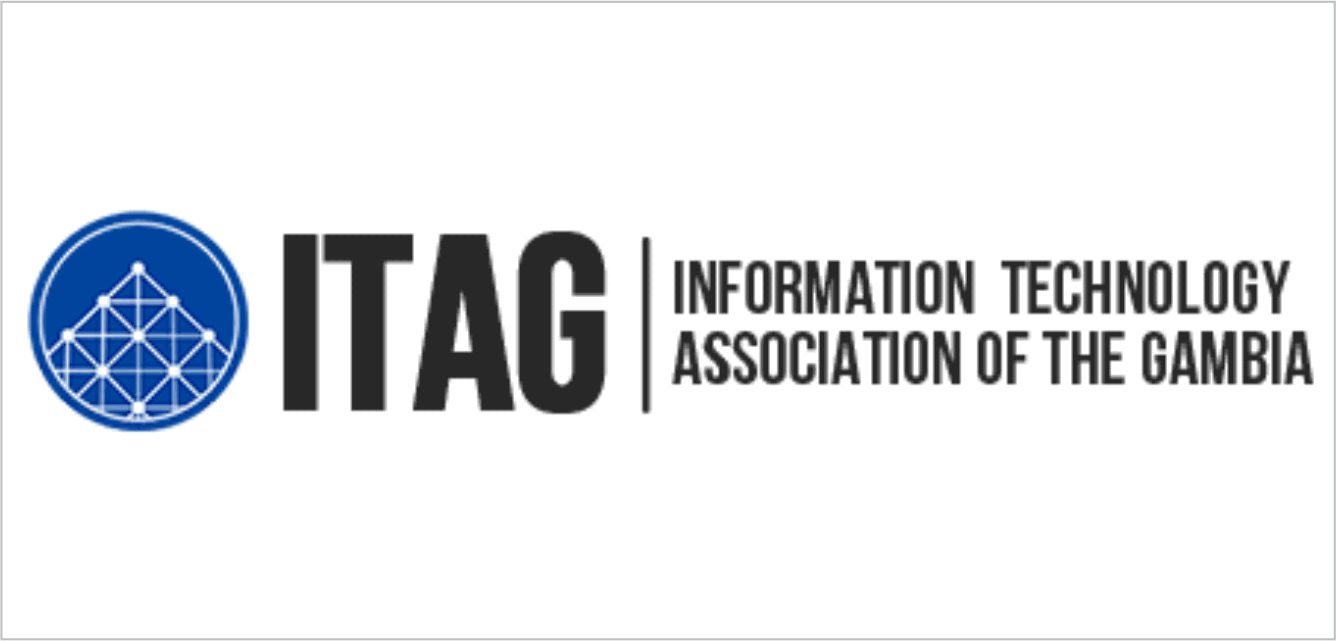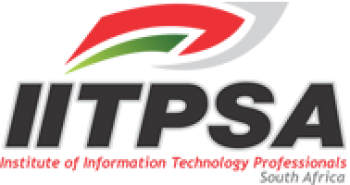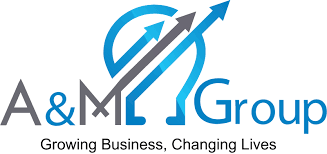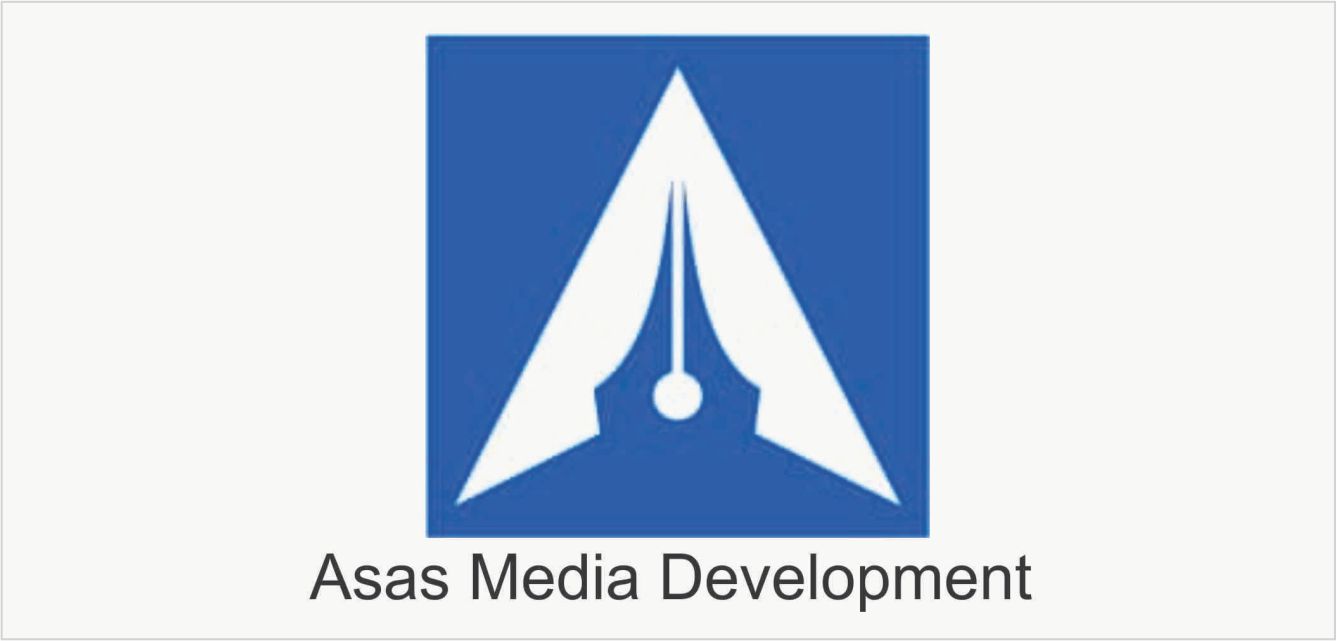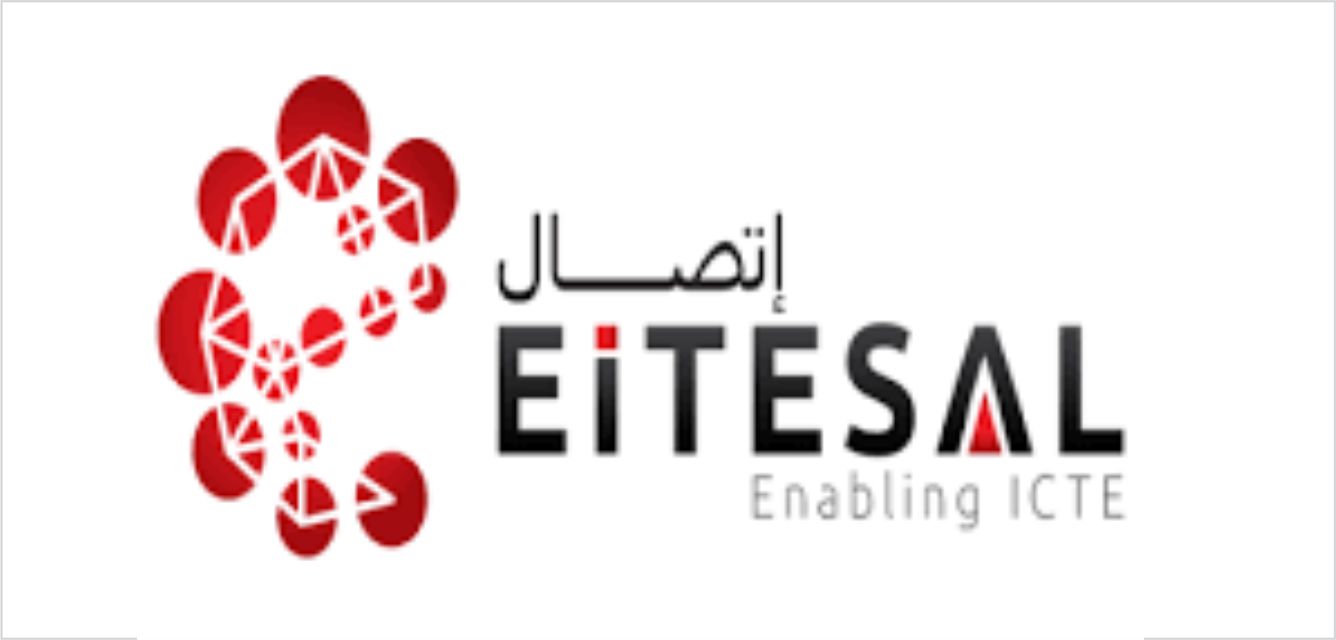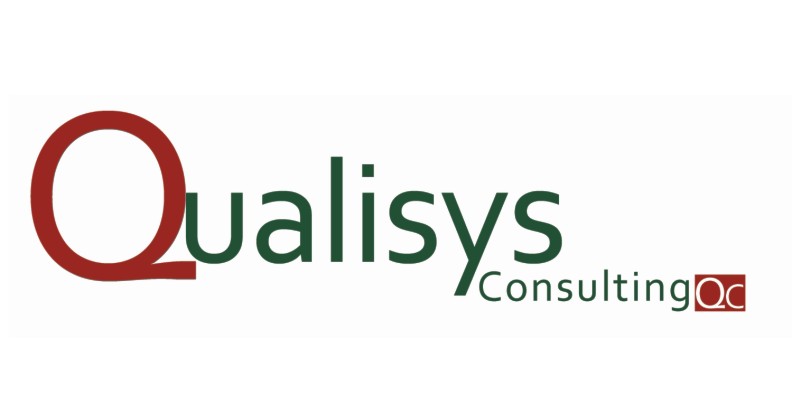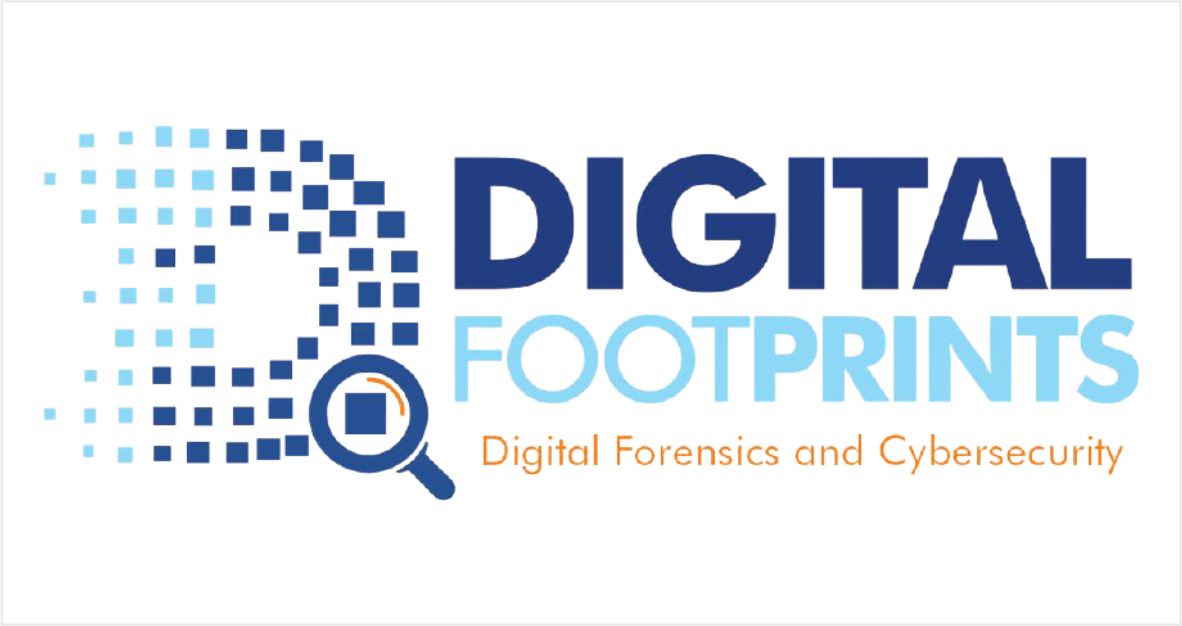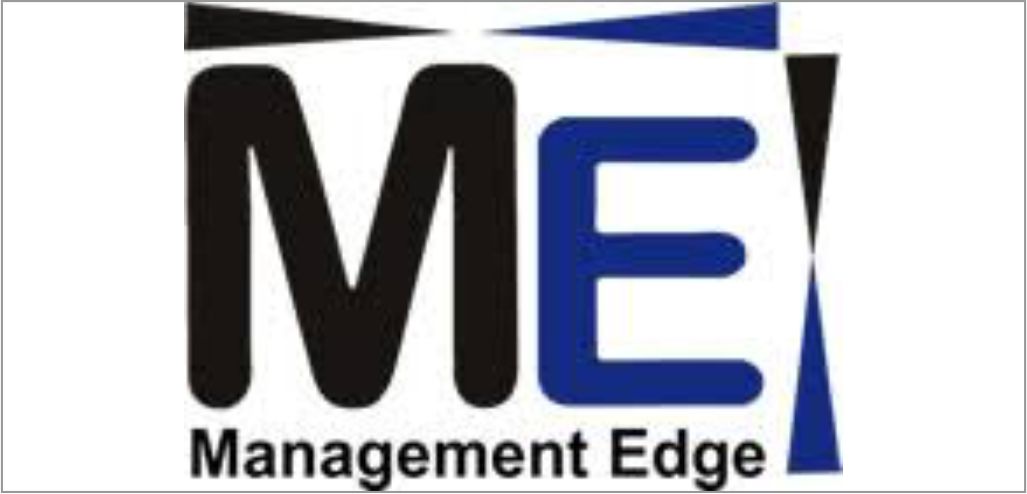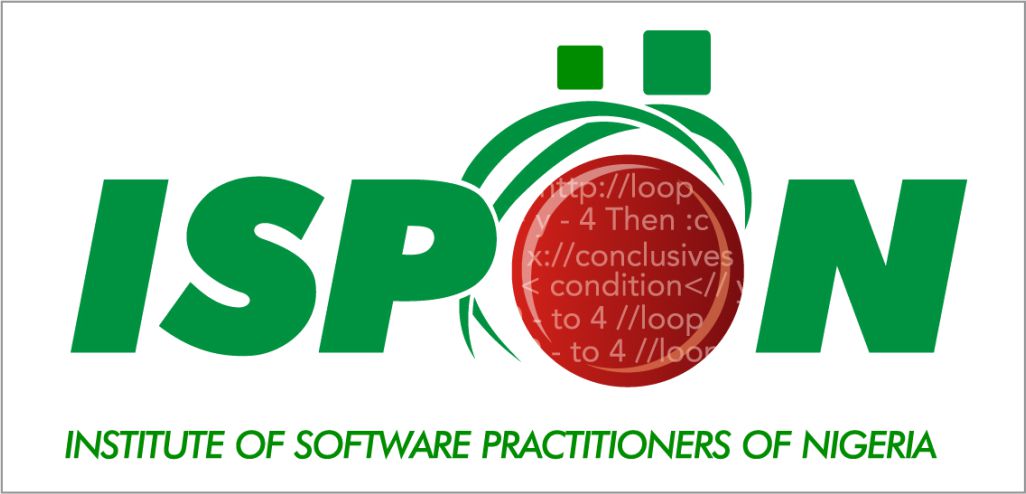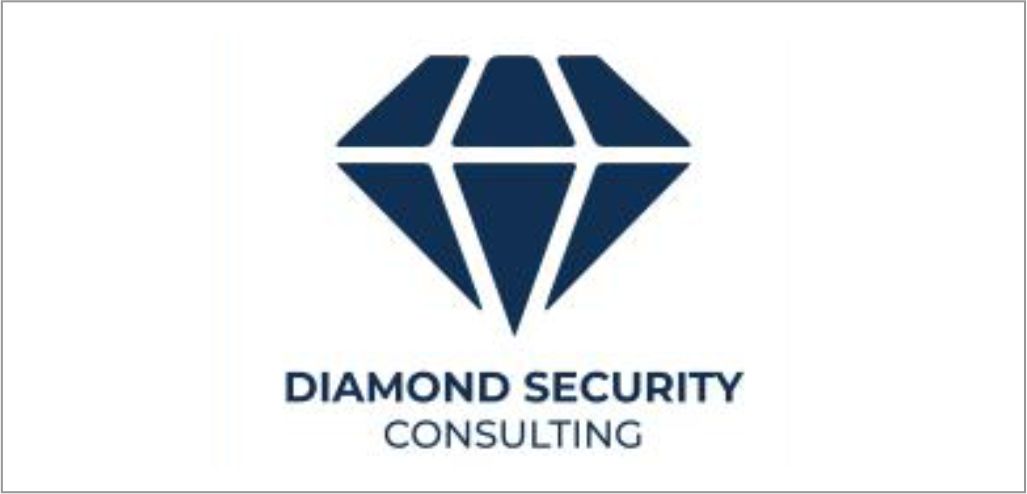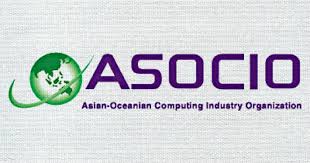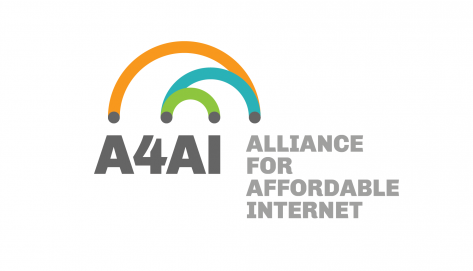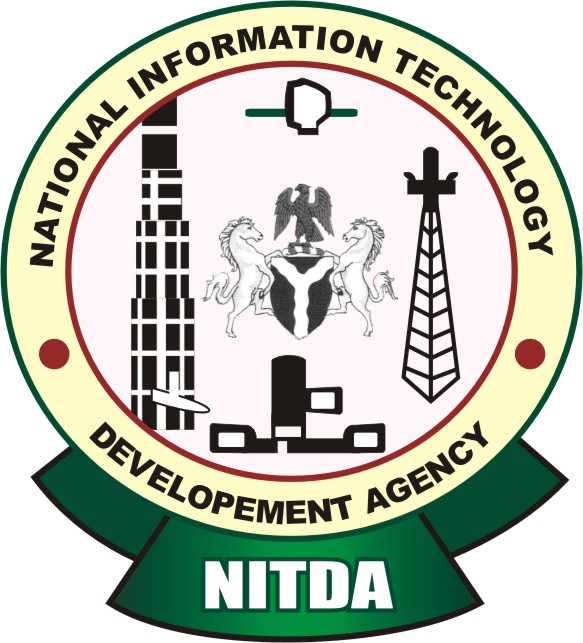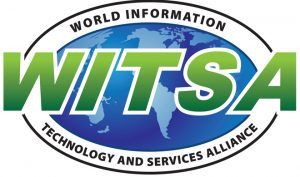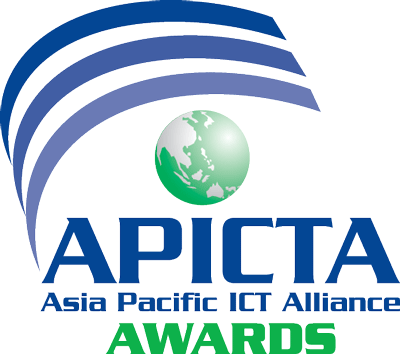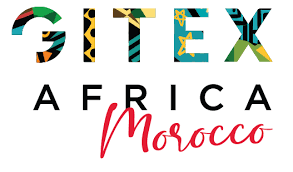
Netmundial+10: projecting the benefit of Multistakeholderism By Jimson Olufuye, 02 May, 2024
The Netmundial+10 convened at the Grand Hyatt Hotel, Sao Paulo, Brazil on April 29-30, 2024. It was a logical follow-up to the maiden edition in 2014. The 2014 edition took place as a result of the urgent need to address the asymmetric oversight by the United States [ https://aficta.africa/latest-news/480-the-evolving-face-of-enhanced-cooperation-what-is-next-after-wgec2-0 ] of the critical Internet resource (domain name system & the IANA function) which had become a global resource for the benefit of all.
In its multistakeholder statement, Netmundial 2014[ https://netmundial.br/2014/netmundial-multistakeholder-statement/ ] underscored the importance of collective governance of the Internet by all stakeholders namely governments, the private sector, the civil society, the academic and technical communities and users in tandem with the Tunis Agenda[ https://www.itu.int/net/wsis/docs2/tunis/off/6rev1.html ] for all concerned stakeholders to participate on an equal footing[ That is enabling every relevant stakeholder to make meaningful representation and contribution ] and in their issue-based and respective roles in Internet Governance.
What has happened after ten years? Ten years after, and in the face of the new digital revolution engendered by new technologies such as Artificial Intelligence (AI), generative AI, robotics, Internet of all things, Augmented Reality, blockchain, 3D (4D on the horizon) printing, etc, and their profound impact on the society for good and harm (as in disinformation, misinformation and fakenews); the need for all stakeholders to dialogue for optimal governance solution for a better future cannot be over-emphasized.
The Netmundial+10 meeting was therefore timely, and the multistakeholder statement produced concise as a reference document on how best for organisations to apply a truly bottom-up, consensus driven multistakeholder approach on Internet governance and digital policy processes.
The NetMundial+10 Statement[ https://netmundial.br/pdf/NETmundial10-MultistakeholderStatement-2024.pdf ] is in four parts namely:
1. Challenges to Internet governance and digital policy processes (IGDPP)
2. Principles for Internet governance and digital policy processes
3. Applying the multistakeholder approach and improving multilateral processes
4. Input to ongoing processes
Challenges to Internet governance and digital policy processes
As mentioned earlier, new digital technologies present to mankind, the rare opportunity for a shared prosperity that advances our collective human, social, and economic development. These technologies can also help to bridge the growing digital divide in multiple dimensions not only in developing countries but in developed countries as well. However, if these technologies are not properly governed, they could also bring uncertainties, insecurities, and power asymmetries among and within countries, economies and stakeholders, deepening divides, affecting the civic space and resulting in environmental impacts. Indeed, no one stakeholder can handle these challenges alone. This, therefore, calls for the full participation of all stakeholders in the process of the institution of appropriate policy positions, in which all stakeholders would be committed to their implementation for our collective benefit.
Principles for Internet governance and digital policy processes
These process principles re-affirmed from the Netmundial 2014 Statement constitute the fundamental protocol that should be fully applied in any Internet governance and digital policy processes. They are: 1. Multistakeholder, 2. Open, participative & consensus driven, 3. Transparent, 4. Accountable, 5. Inclusive and equitable, 6. Distributed, 7. Collaborative, 8. Enabling meaningful participation, 9. Access and low barriers, 10. Agility.
While it is recognised that many IGDPP are often distributed and taking place in many organisations, it is imperative for them to be well coordinated. Ideally, it is best for one institution to handle IGDPP without the creation of new institutions.


The Netmundial+10 statement encourages multilateral organisations to improve on their working methods by applying the IGDPP from the beginning of issue scoping to policy formulation and implementation. This approach serves the public interest in that everyone involved would have the buy-in to implement the outcome.
It further outlined thirteen (13) Guidelines and twelve (12) process steps (“Guidelines”) (which I call Benefits) for multistakeholder collaboration, consensus-building and decision-making.
Input to ongoing processes
The Netmundial+10 Multistakeholder statement serves as input to ongoing processes in the United Nation system, governmental and non-governmental organizations at sub-national, national, regional, and international levels.
Particular mention was made of the Internet Governance Forum, which is a platform for all stakeholders on equal footing to dialogue on all IGDPP issues. Its only challenge is poor funding and lack of decisional mandate. The document is also recommended to serve the on-going negotiations on the global digital compact, summit of the future for the use of digital technologies to enable the achievement of Sustainable Development Goals. The Commission for Science and Technology for Development (CSTD) which is a decision making body is also recommended to be improved to enable relevant stakeholders participate in their process on equal footing.
Overall, all stakeholders (governments, private sector, civil society, academic and technical communities and user groups) are enjoined to adopt and adapt the Netmundial+10 Multistakeholder Statement to improve their IGDPP for a better digital future for us all.
